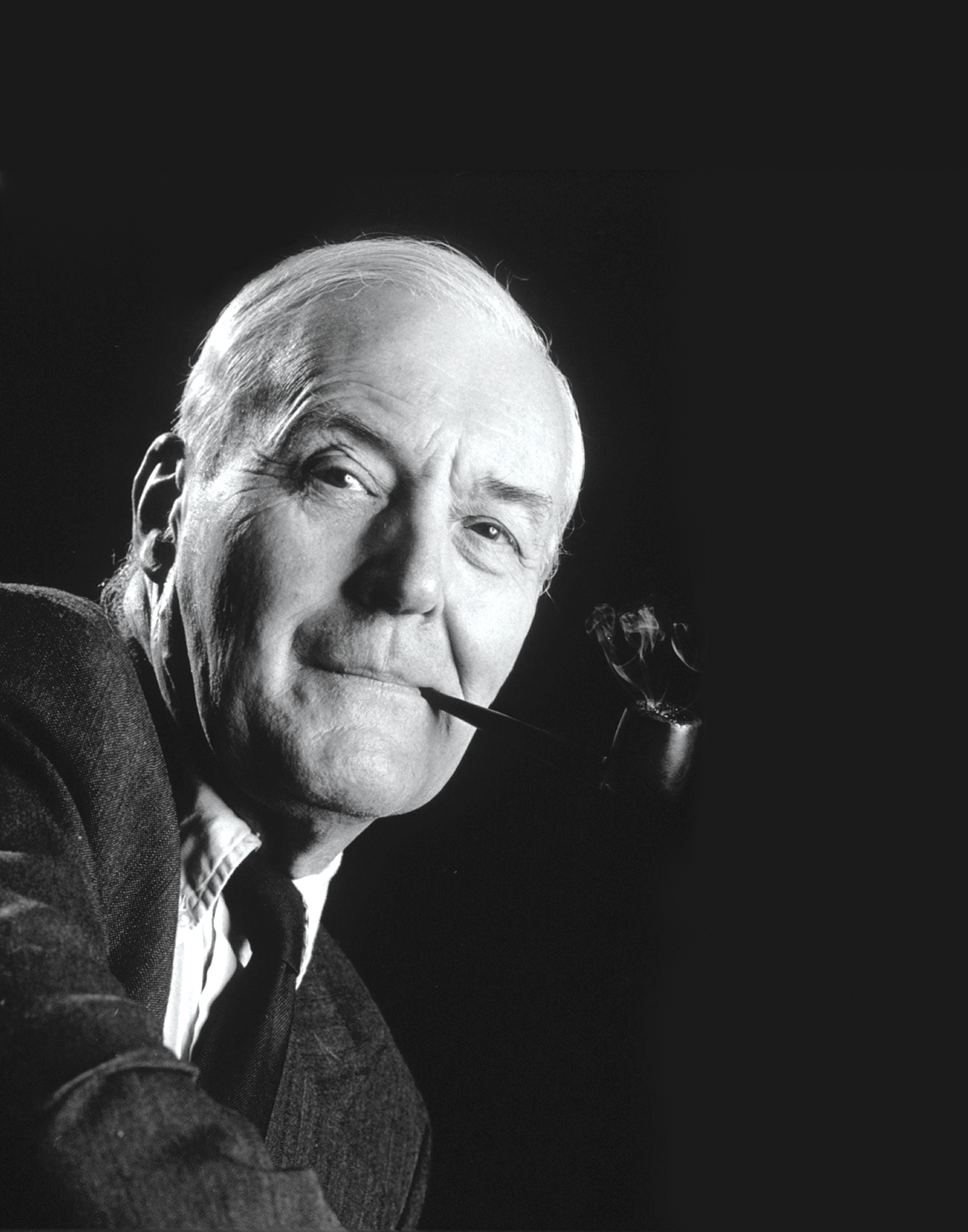
Michael Zander QC reflects on his insider’s view of Tony Benn’s peerage case
The beginning
It started five days after Lord Stansgate died. On 22 November 1960, Benn, Member of Parliament for Bristol South-East since 1950, signed an instrument of Renunciation of his Peerage and returned the Letters Patent to Buckingham Palace. On 29 November he petitioned the House of Commons, putting forward reasons why disqualification on account of the peerage should not attach and praying that a Select Committee be appointed to consider the issue.
The question was referred









